Is your pool pump running, but your water level keeps falling—even after hours of splashing and careful pool care? For College Station pool owners, this puzzling problem is more than just annoying: it’s a sign of deeper leaks, pump issues, or hidden defects in your swimming pool system. At AquaVision Leak Detection, we use Leaktronics’ industry-leading technology to help you keep your pool clean, repair hidden faults, and stop the mystery of disappearing water for good.
This post demystifies why a pool pump may be running but the water level still drops, covering everything from leaks and maintenance tips to expert advice for ensuring your pool is ready for every sunny Texas day.
Why Does My Pool Pump Run but Water Level Drops?
A pool pump is the heart of your pool system—circulating water, distributing chlorine, and powering heaters, water features, and cleaners. But if the pump is running and your pool is losing water, there’s usually a hidden problem. Water loss often comes from leaks in pool plumbing, cracks near skimmers, or faulty pump seals allowing water to escape each cycle.
It’s critical to act quickly, as pools in College Station facing constant water loss may experience damage to the pool shell, filter system, or surrounding landscaping if left unchecked.
How Do Leaks Affect Pool Water Loss?
Leaks can be insidious. Even a minor leak can drain gallons of water daily, leading to increased utility bills and potential for algae and bacteria growth. Pool leaks commonly develop in:
- Pump housing and adjacent pipes
- Skimmer boxes and return lines
- Joints between the filter, pump basket, or heater
A leaking pool quickly shifts from being a simple maintenance issue to a major repair concern—especially when it leads to low water levels and expensive repairs.
What Are the Most Common Pool Pump Problems?
A healthy pool pump should be quiet and deliver strong water flow. But sometimes, wear and tear cause issues like:
- Low pressure or air bubbles in the system (often from suction side leaks)
- The pump basket not holding a prime
- Water spraying or dripping from pump fittings or the pump housing
- The pump shutting off unexpectedly
These may signal cracks, loose valves, or compromised seals that make your pool lose water faster than it can be filtered.
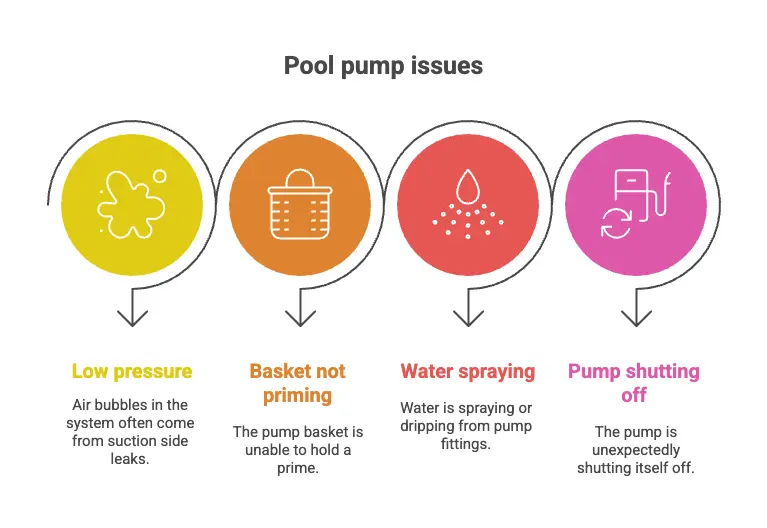
Can a Faulty Pump Cause Water Loss or Just Low Pressure?
Most pool pumps themselves won’t directly cause water loss—unless there’s a leak in the pump housing, around O-rings, or along suction/return lines. More often, pump problems result in poor filtration, low pressure, or noise. If you notice persistent low pressure and a dropping water level, it points to a leak in the pool system or its piping rather than the pump alone.
If your pool pump pressure suddenly falls, combined with water loss, check for obvious leaks, air in your system, and confirm all gaskets and seals are tight.
How Do I Inspect My Pool Equipment for Leaks?
Start by turning off the pump and visually examining your entire pool equipment pad—especially connections between the pump, filter, and heater. Look for:
- Damp spots or puddles near the equipment
- Air bubbles in the pump basket when running
- Cracks around the skimmer or return jets
You should also inspect your strainer basket, O-rings, and visible plumb connections. If you find nothing, professional leak detection services—like our AquaVision team with Leaktronics—can pinpoint hidden problem spots fast.
What Are Warning Signs of a Pool Leak in College Station?
Besides a dropping water level with a running pump, other red flags include:
- Needing to add water more than once a week
- Unusually high water bills for your home or property
- Soggy areas near your pool or equipment, even during dry weather
- Persistent low water levels, cloudy water, or fluctuating chlorine levels
In College Station, where heat and evaporation are high, note that normal evaporation should not exceed about 1/4 inch per day—dramatic drops often indicate leakage.
How Does Regular Pool Maintenance Help Prevent Water Loss?
Routine pool maintenance does more than just keep your pool sparkling. It can help you spot warning signs early, prevent algae and bacteria buildup (which can increase unnoticed leaks), and extend the life of your pool equipment.
- Clean your filter and skimmer regularly
- Ensure balanced water chemistry to maintain seals and surfaces
- Run the pump as recommended, not continuously, to reduce wear
Sticking to a scheduled pool service plan with reviews by leak specialists is the best way to catch water loss issues before they become emergencies.
Does Your Pool Filter or Cleaner Cause Issues?
Faulty pool filters or automated cleaners can stress your system, particularly if the filter is clogged or the cleaner gets stuck. Blockages can increase pressure inside of your filter, force air into the system, and mask the true source of water loss.
After clearing a filter or vacuum hose, monitor your water level to ensure the pool is no longer losing water abnormally.
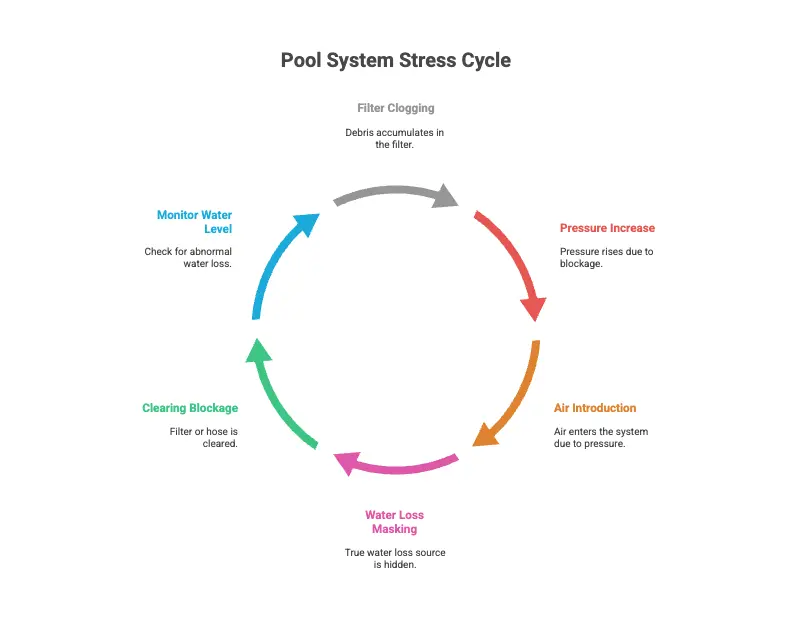
How Can Proper Water Chemistry Prevent Losing Water?
Balanced water chemistry is essential for pool care and leak prevention. If your pool is too acidic or heavily chlorinated, seals, gaskets, and pool surfaces can deteriorate more quickly—leading to hidden leaks.
Regular testing, proper dosing, and professional guidance keep your pool coatings intact and components functioning under normal wear and tear.
When Should You Call a Leak Detection Company for Help?
If you’ve checked your equipment, repaired visible issues, and your pool’s water level is still dropping while the pump runs, it’s time for a professional assessment. A leak detection company like AquaVision uses advanced pressure testing, acoustic technology (Leaktronics), and years of expertise to locate even the smallest leaks without major disruption to your property.
Never ignore ongoing water loss. Proactive action protects both your pool investment and the value of your College Station home.
Key Things to Remember
- A running pump with water loss means you likely have a leak—either at the pump, filter system, or pool plumbing.
- Look for air bubbles, low pressure, and damp areas at your equipment pad.
- Prompt inspection and routine maintenance are crucial—don't wait until minor leaks become major headaches.
- Regular water chemistry checks and filter cleaning protect against wear and damage.
- Professional leak detection like AquaVision and Leaktronics finds hidden leaks, saving time, water, and repair costs.
- Normal pool evaporation is minor—large sudden drops in water level require fast action.
For reliable pool leak detection and repair in College Station, trust the experts who use the latest technology—you’ll enjoy crystal-clear water and peace of mind all summer long!

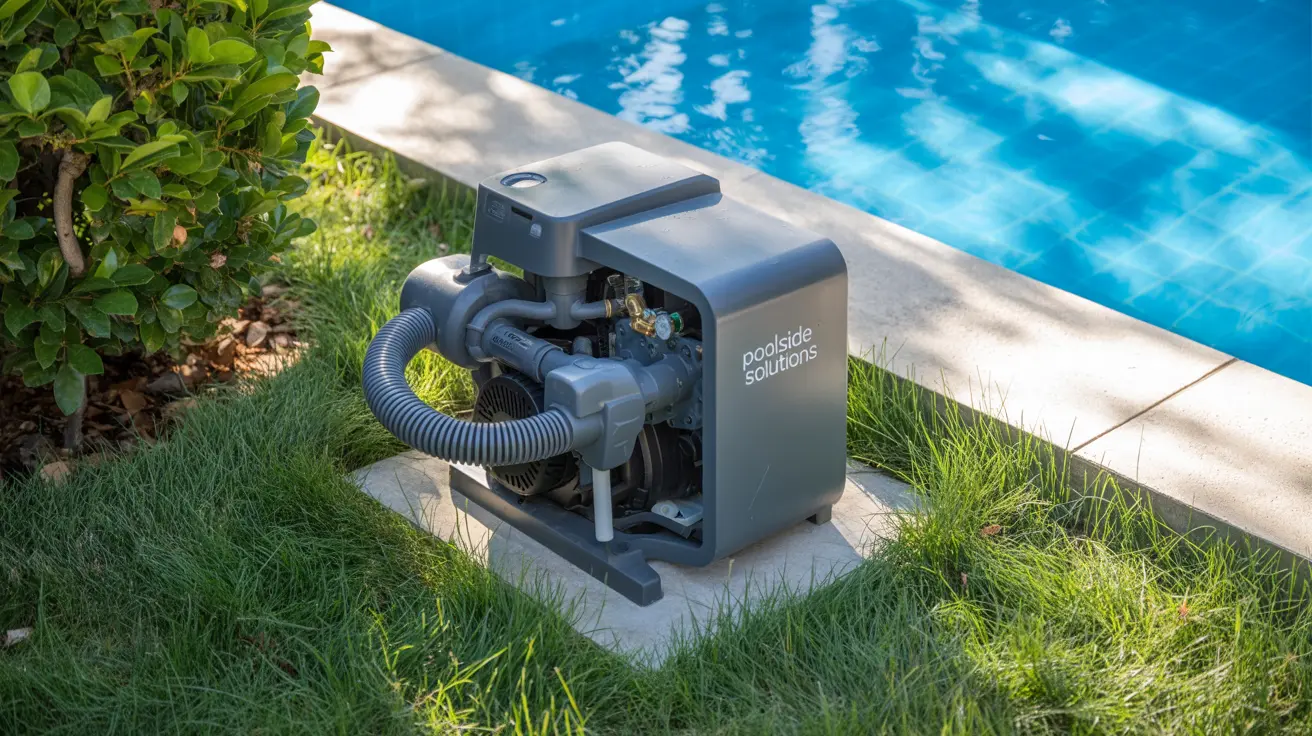
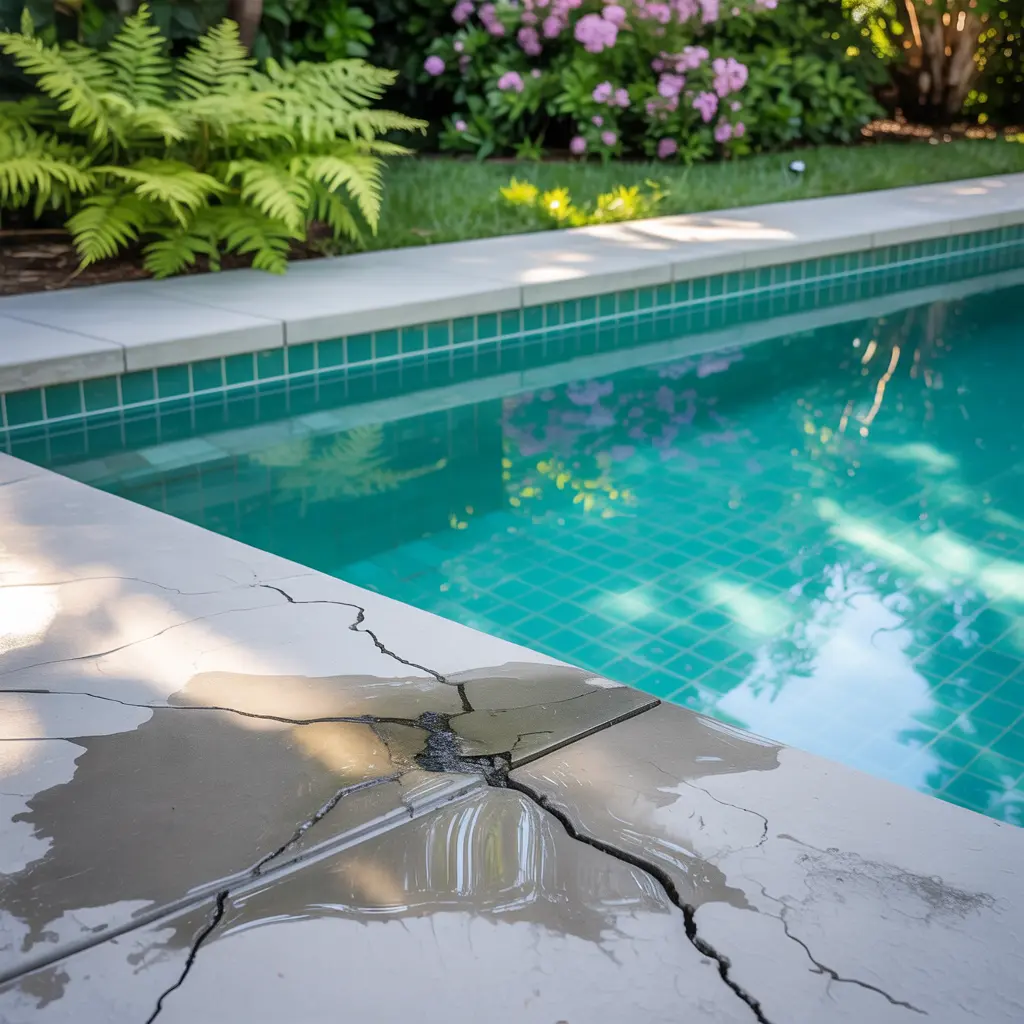
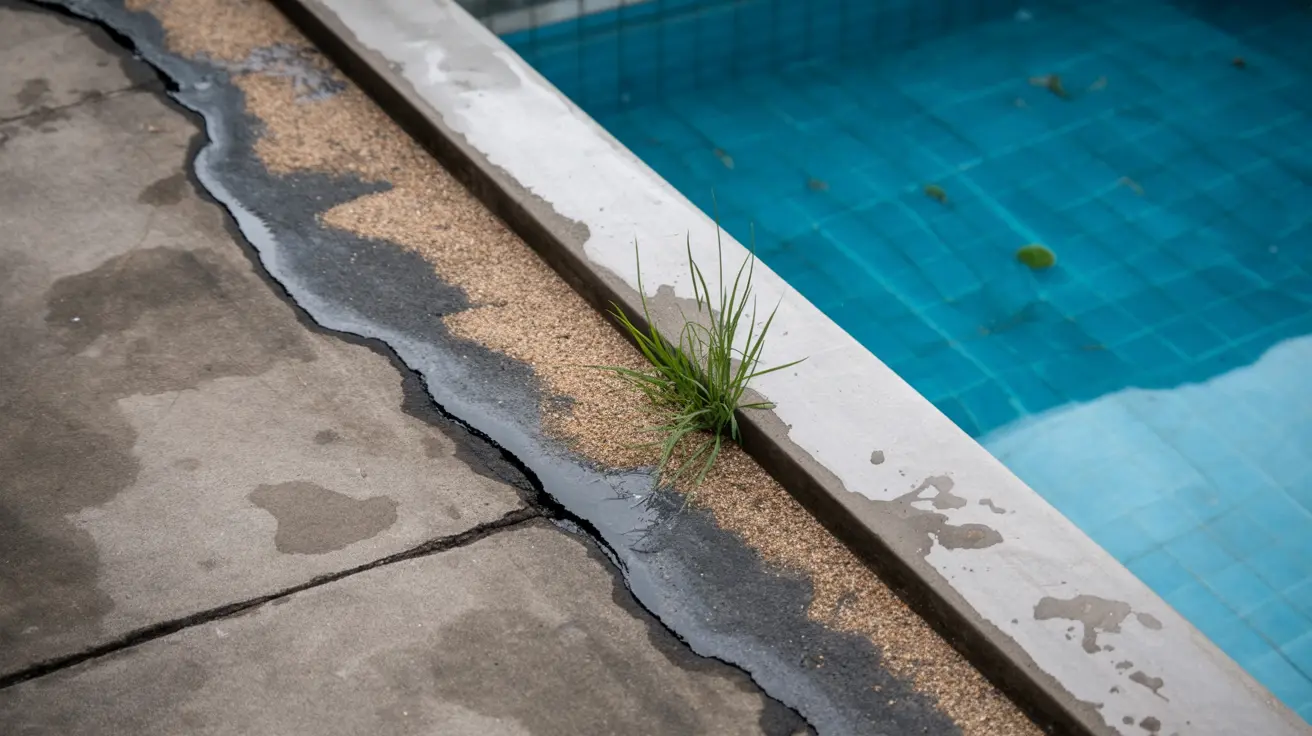
.webp)

